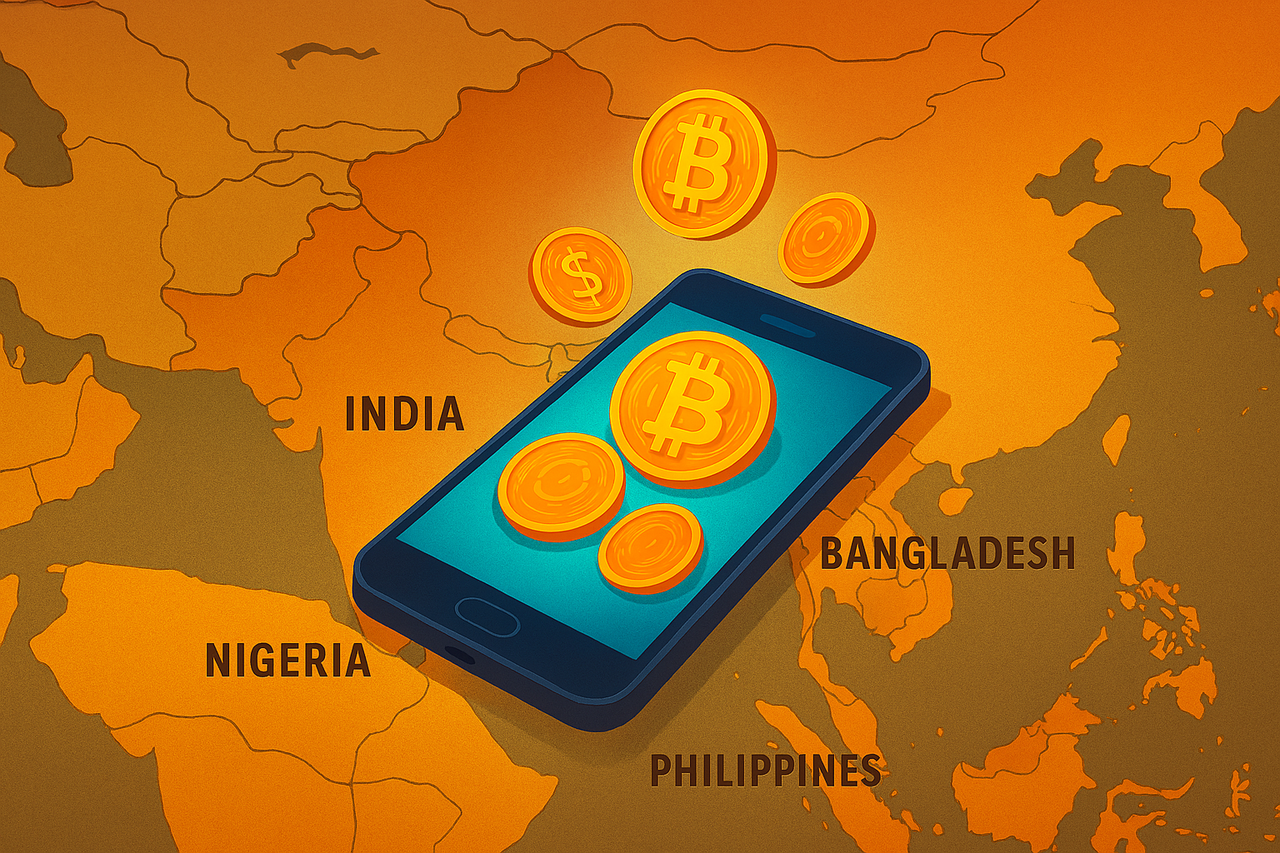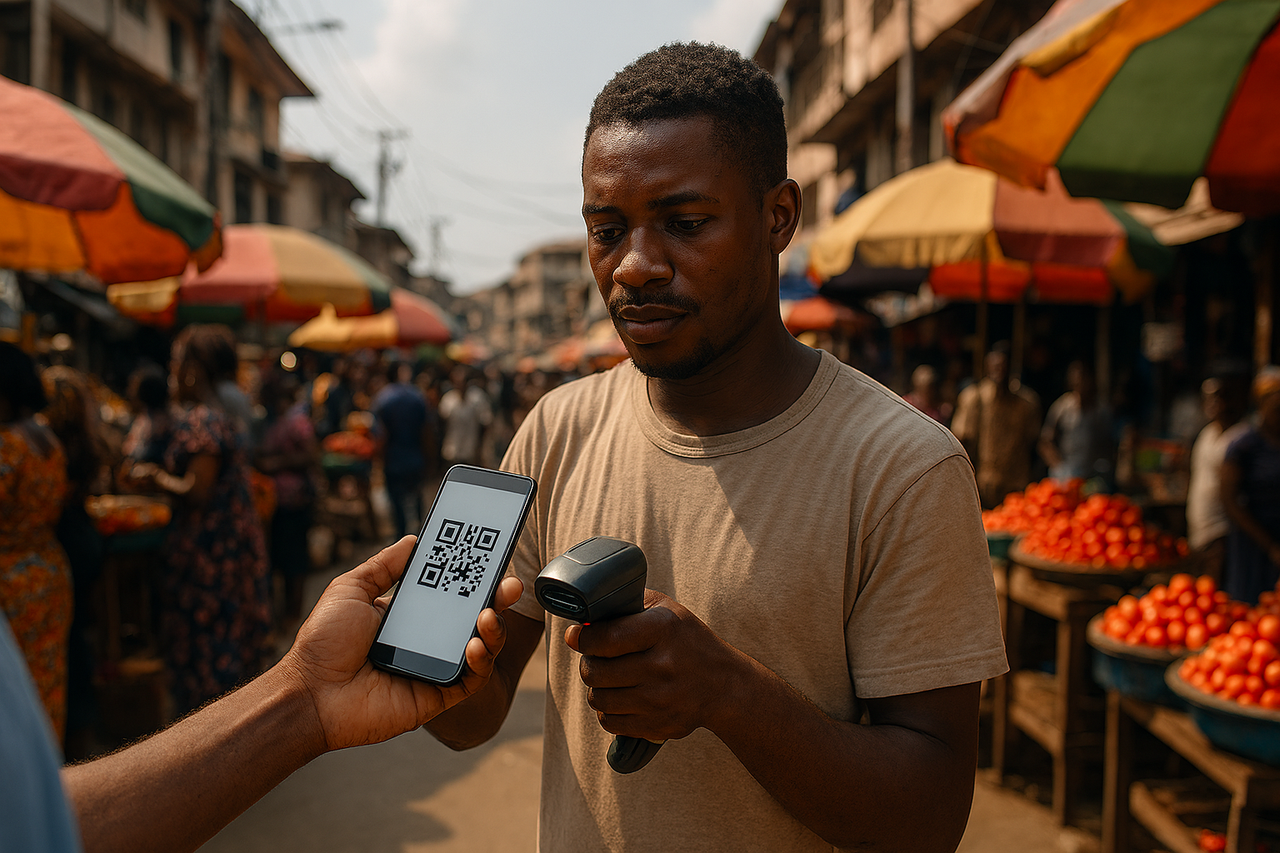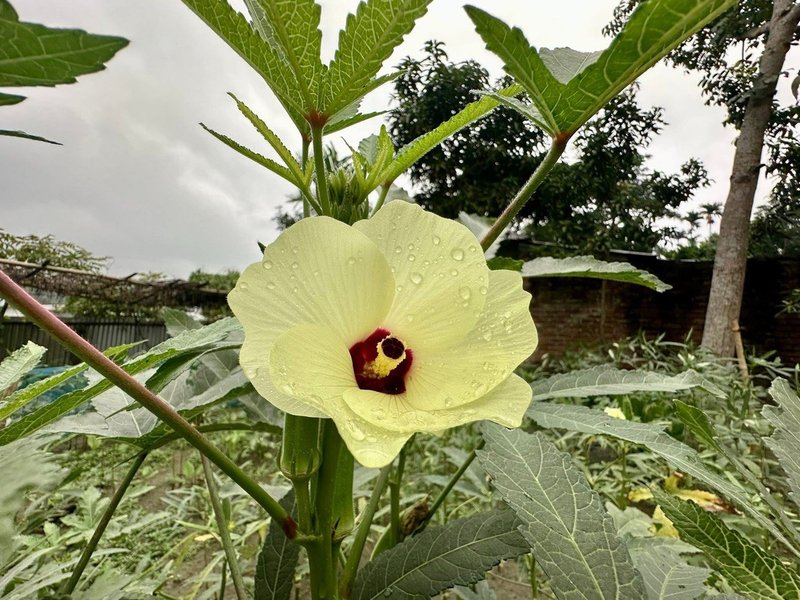From Dhaka to Lagos: The Surprising Places Leading the Crypto Wallet Boom in 2025
1 comment

I still remember back in 2020, when a friend told me something that sounded unbelievable at the time:
"I don’t keep my money in the bank anymore — I keep it in my phone."
I laughed and thought he was exaggerating. But as he explained, I realized he wasn’t talking about some fancy mobile banking app — he meant a crypto wallet. At the time, I didn’t think much of it. Fast forward to 2025, and it turns out, my friend was ahead of the curve. Millions of people around the world — especially in countries you might not expect — are now doing the same thing.
Let me walk you through the story hidden inside the numbers.
The Quiet Revolution in Emerging Markets
When you think “crypto,” maybe you picture Wall Street traders or Silicon Valley techies. But the biggest growth isn’t happening there — it’s in places like Nigeria, India, the Philippines, and yes, even my home country, Bangladesh.
- Nigeria is the surprise superstar. About 35% of Nigerians — that’s around 80 million people — now hold a crypto wallet. In the first three months of 2025 alone, they moved around $60 billion through crypto wallets — up 40% from last year.
- India is no slouch either. 280 million people — almost the size of the entire U.S. population — are using crypto wallets, mainly for sending and receiving money. Q1 2025 transactions hit $45 billion, growing 25% from last year.
- The Philippines is smaller in numbers but big in purpose. Even with bans on some exchanges, 18 million Filipinos pushed $20 billion through wallets in Q1 2025.
- Bangladesh is catching up, with 17 million users and $10 billion in transactions so far this year — most for cross-border payments.
Why This Is Happening
It’s not about hype. It’s about need.
- Nigeria: Inflation is eating away at the naira. Stablecoins give people a way to store value without watching it vanish.
- India & Bangladesh: Millions are unbanked, but they have smartphones — crypto becomes a “bank in your pocket.”
- Philippines: Families depend on remittances. Crypto makes sending money faster and cheaper.
Meanwhile, in developed countries like the U.S., U.K., and Japan, crypto is more of an investment tool than a necessity.
Quick Numbers
| Country | Adoption Rate | Q1 2025 Volume | Growth YoY |
|---|---|---|---|
| Nigeria | 35% | $60B | 40% |
| India | 20% | $45B | 25% |
| Philippines | 15% | $20B | 15% |
| Bangladesh | 10% | $10B | 10% |
| United States | 25% | $200B | 20% |
| United Kingdom | 20% | $50B | 15% |
| Japan | 15% | $40B | 10% |
My Takeaway
When I look at these numbers, I don’t just see statistics — I see faces. The Nigerian street vendor who takes stablecoin payments, the Indian farmer who gets paid instantly from the city, the Filipino nurse sending her savings home, the Bangladeshi freelancer avoiding high transfer fees.
The truth is, crypto wallets are becoming more than just “apps.” They’re lifelines.

Final Thought:
Technology’s true power isn’t in what it can do in theory, but in how it changes lives in practice. And in 2025, the most exciting crypto stories aren’t being written in boardrooms — they’re being sent, one transaction at a time, from phones in Dhaka, Lagos, Mumbai, and Manila.
References
Posted Using



Comments